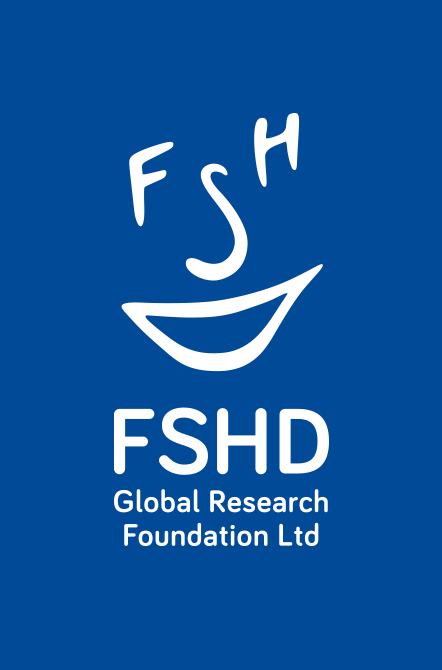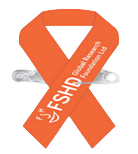GRANT 12
Research Institution: Vrije Universiteit Brussel
Principle Investigator: Prof Karen Sermon
Type: Study
Project title: “Culture and Expansion of DUX4 in Human Embryonic Stem Cells Carrying FSHD”
Status: Completed
Summary
Dr Sermon and her group produced human embryonic stem cells (hESC) from 6-day old embryos from infertile couples enrolled in an in vitro fertilisation (IVF) program, who donated their surplus embryos for research. Certain embryos, obtained prior to use for implantation, after genetic diagnosis (PGD) were grown in the laboratory (in vitro) as for the fertility treatment, and were tested to check if they carried markers of the genetic disease, on day 3. In the IVF program, day 5 healthy embryos are usually transferred to the uterus of the prospective mother, but any genetically abnormal embryos can be donated for research. From this source, they obtained two hESC lines that carry the FSHD abnormal genetic material (genes). These hESC lines can be grown indefinitely in the laboratory, while maintaining their primitive characteristics, but when stimulated with the correct compounds they can develop into many different types of tissues, such as muscle, nerve etc.
For the first part of the project, Dr Sermon’s group concentrated on establishing growth of the hESC lines obtained from the Sydney University IVF program in their laboratory. They have produced their own two primitive FSHD cell lines from their first experiments, and frozen away stocks of the Sydney hESC lines, for further laboratory testing. The cells from their own cell lines have been used in experiments in Prof. A. Belayew’s laboratory to check for the presence of the FSHD associated DUX4 gene signal to produce protein (mRNA), and for the DUX4 gene protein. They detected different forms both in the healthy cells and in the FSHD hESC cells.
They proceeded with experiments to confirm their observations in additional human cell lines and to precisely identify the expressed mRNA. Until then, they had stimulated the cell lines to mature (differentiate) in an uncontrolled manner, to produce many types of cells, and compared their results from primitive cells to the results with these mature cells. They intend to grow the five FSHD cell lines available in larger quantities, so that a wider range of genes can be tested for association with FSHD, using a relatively new technology called gene microarrays, where small pieces of genetic material are bound to a plastic or other surface for testing.




